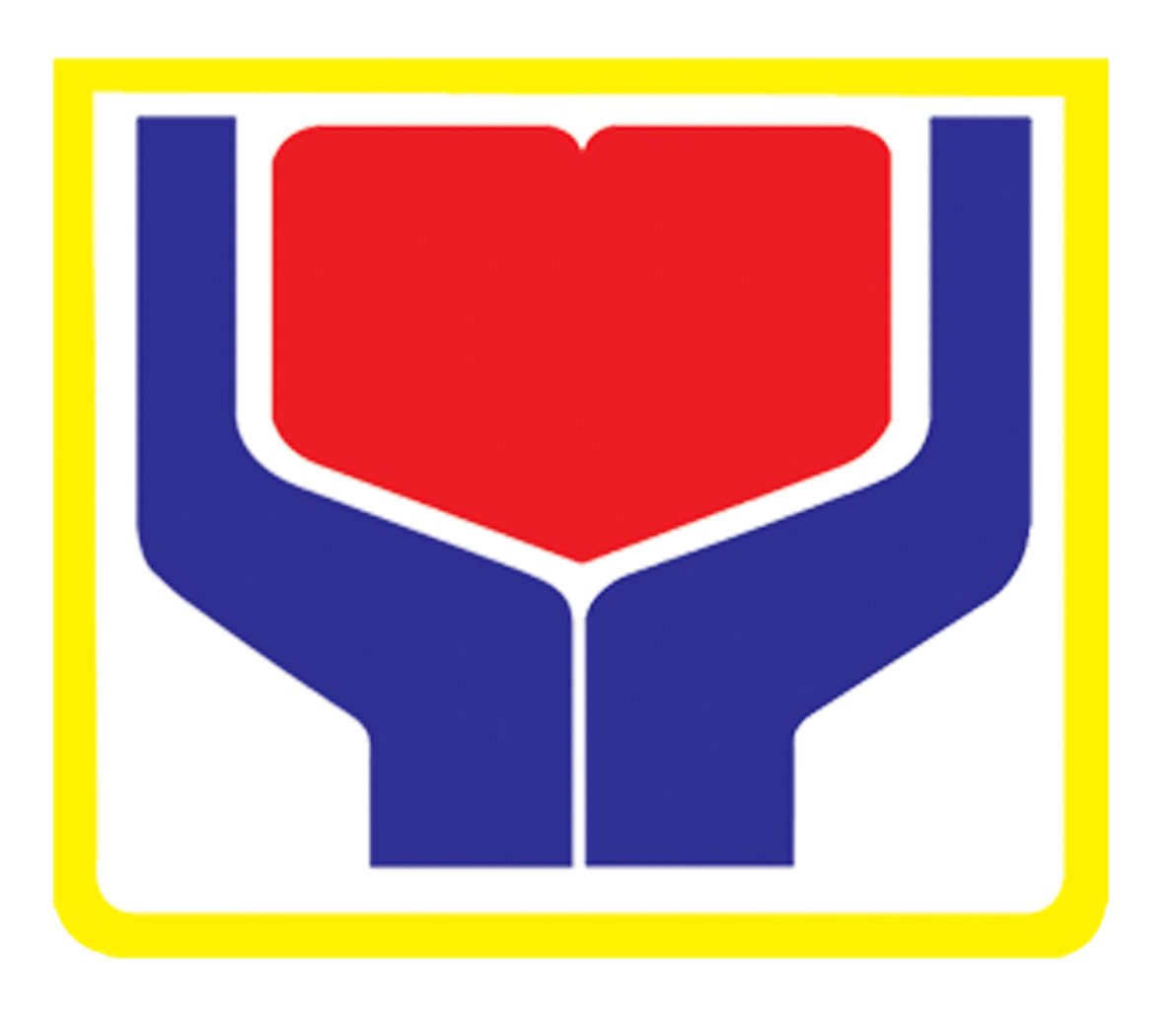Along the national highway going to the town proper of Real, Quezon Province, houses are commonly adorned with colorful ‘walis tambo.’ These ‘walis tambo’ are not simply household cleaning materials nor a source of income for the residents. These are products of the residents’ and the local government unit’s love for their environment.
In 2004, the town suffered from landslides and mudslides due to Typhoon Winnie, which left more than a thousand dead in Real and neighboring municipalities of Infanta and General Nakar. These incidents left these towns isolated for about a week at that time.
For the residents and the local government unit, this nightmare must not happen again. One of their solutions is the ‘walis tambo.’
‘Walis tambo’ for the environment
Residents of the town of Real, Quezon have long been making ‘walis tambo’ for a living. Tiger grass or ‘rasa,’ the raw material in making these brooms are abundant in the slopes of the Sierra Madre, where the town is situated.
However, only a few of the residents continued cultivating and harvesting tiger grass for broom production because of the small income as well as the hard work involved in making ‘walis tambo.’
“Yung rasa pala ay nakatutulong sa pag-prevent ng soil erosion, kaya naisip ng lokal na pamahalaan na gawing proyekto ang tiger grass planting,” shared Leo James Portales, the municipal social welfare and development officer of Real.
In 2017, under the Risk Resiliency Program thru Cash-for-Work Projects and Activities for Climate Change Adaptation and Mitigation – Disaster Risk Reduction, the Department of Social Welfare and Development funded the tiger grass planting activities of the municipality.
Jocelyn Capablanca, a resident of Brgy. Maragondon is one of the 260 beneficiaries engaged in the cash-for-work project in 2017.
“Kami po ay naglinis ng lugar at nagtanim ng rasa kasama ang iba naming mga ka-barangay,” she shared.
In 2018, 396 residents from six barangays in the municipality were engaged in the same project.
‘Walis tambo’ for the residents
“[Ang aming proyekto] hindi ito basta basta cash for work lang. We hit two birds in one stone. ‘Yung una is para sa climate change adaptation, at ang pangalawa ay economically, may kita ang aming mga kababayan,” shared Real Mayor Bing Aquino.
Besides the daily wage from the cash-for-work projects, the residents take advantage of the tiger grass when they are in full bloom.
In Brgy. Maragondon, the Maragondon Dragongrass Sustainable Livelihood Program Association (SLPA) is the main beneficiary of the harvests. This association is composed of 56 residents from the barangay, who were once small-time ‘walis tambo’ makers that were formed into a group under the DSWD’s Sustainable Livelihood Program.
The association started in 2016 and was provided with PhP560,000 seed capital fund for the production of brooms.
“Pagkatapos ng pagtatanim sa cash for work, kami na po sa asosasyon ang nag-aalaga ng mga rasa. Kami na rin po ang nagtatabas kapag p’wede nang anihin,” shared Luisa Madriaga, a member of the association.
With the help of the cash-for-work project, the association began having more raw materials for their livelihood. They are now able to produce about 3,000 brooms per season.
“Mas naging maunlad na rin po ang aming negosyo. Kung noong una ay boluntaryo lahat ng ginagawa ng members sa amin, ngayon ay may s’weldo na rin sila. Mula sa pagtatabas ng rasa hanggang sa paggawa ng walis tambo, may naiuuwi na rin po sila sa kanilang pamilya,” shared Jocelyn, the treasurer of the association.
Today, the Maragondon Dragongrass SLP Association has expanded their business. They now offer rice retail, lending and chair rentals among others. Their total asset has already reached to more than a million pesos. But, deep inside them, their act of maximizing their forest areas is borne from their desire of not letting the 2004 mudslides that affected each one of them happen again.
“Masaya po kami kasi hindi lang kami kumikita, nakakatulong din kami sa kalikasan,” said Jocelyn.***
